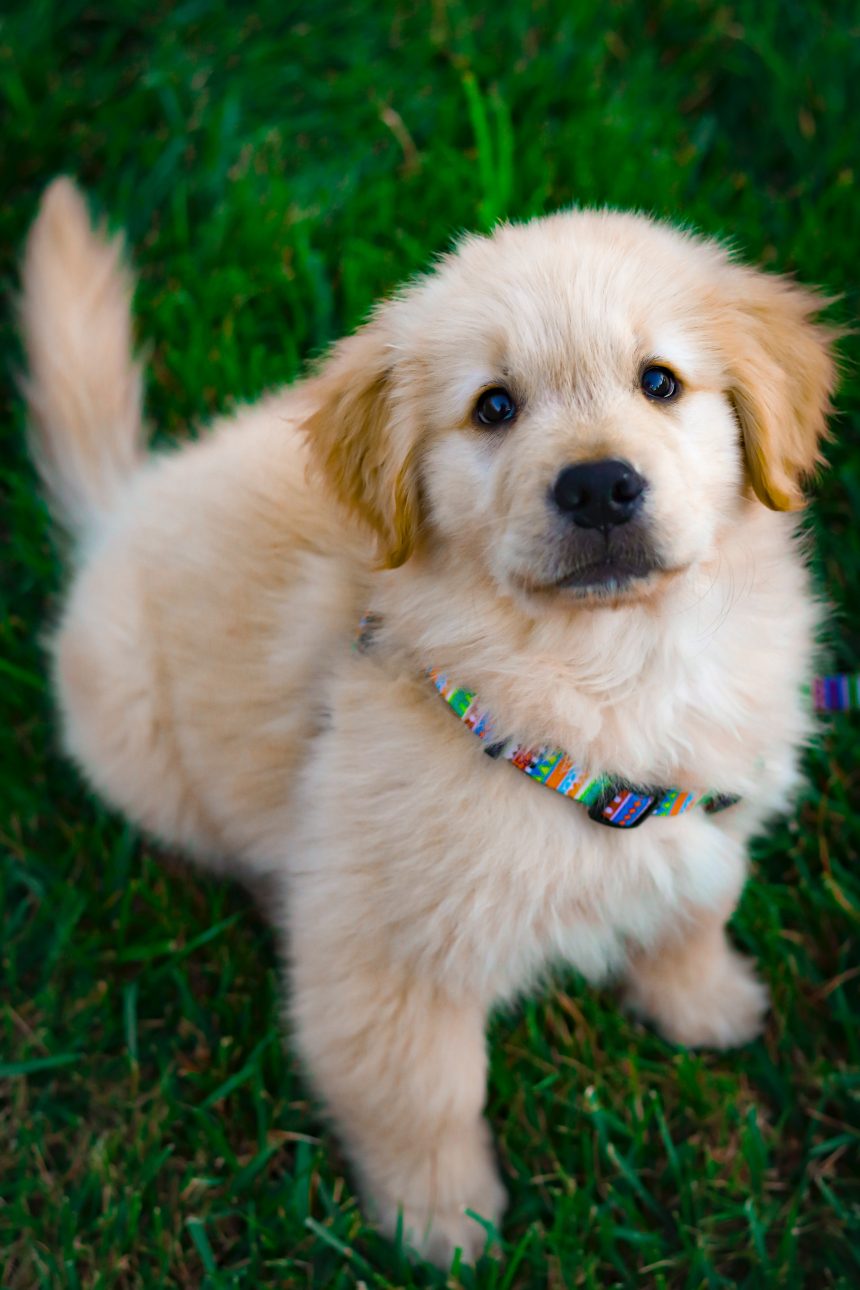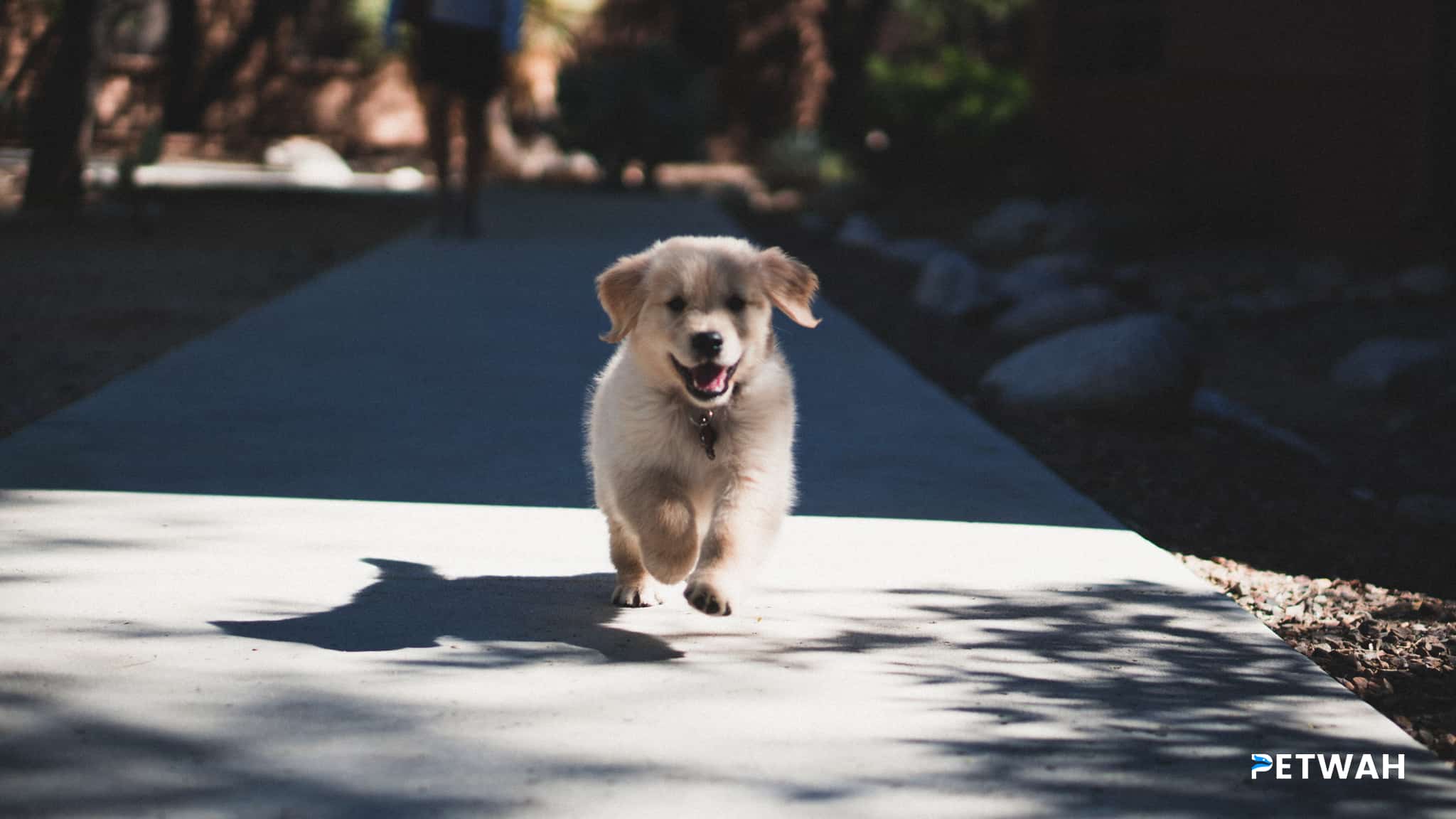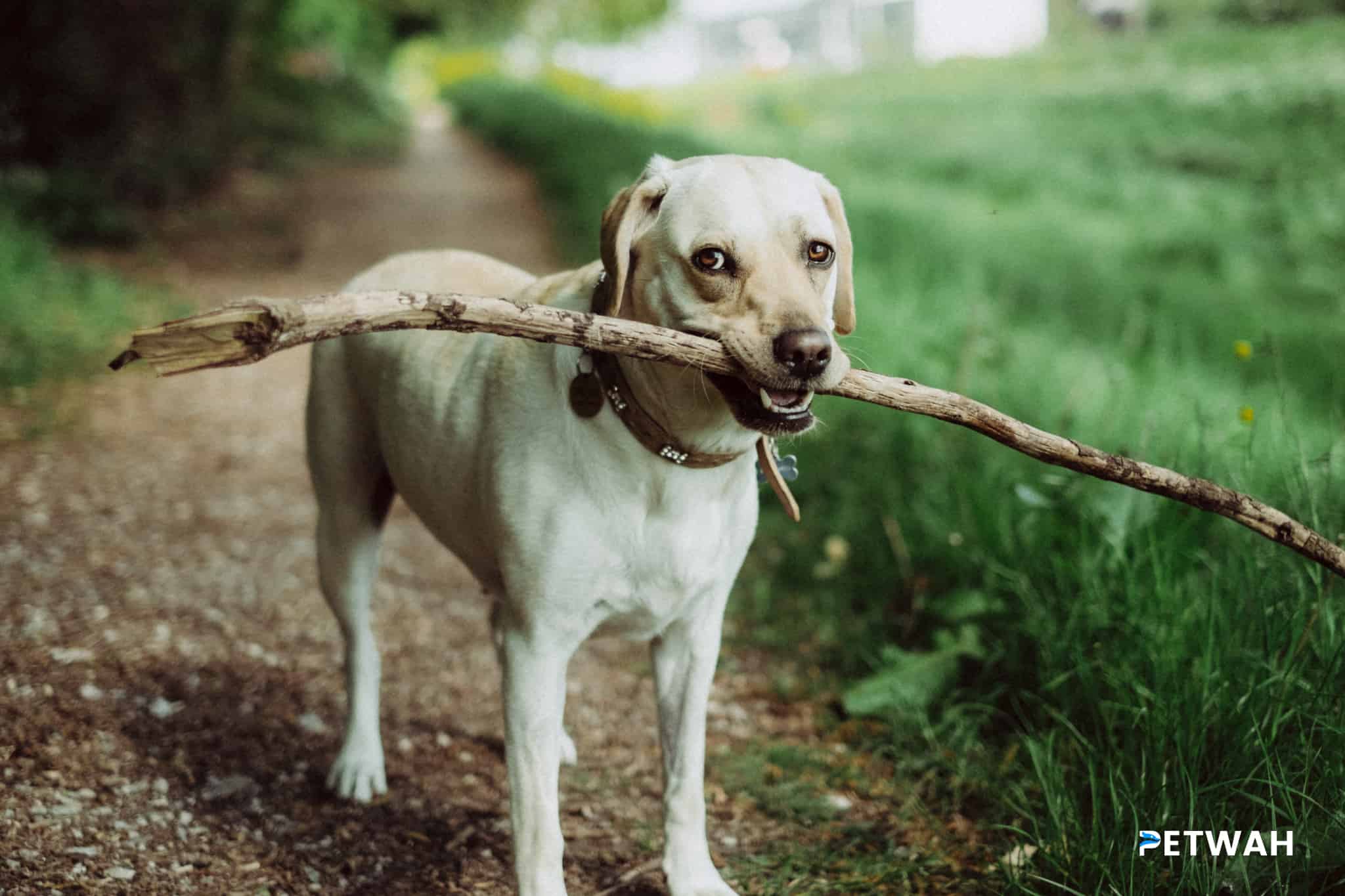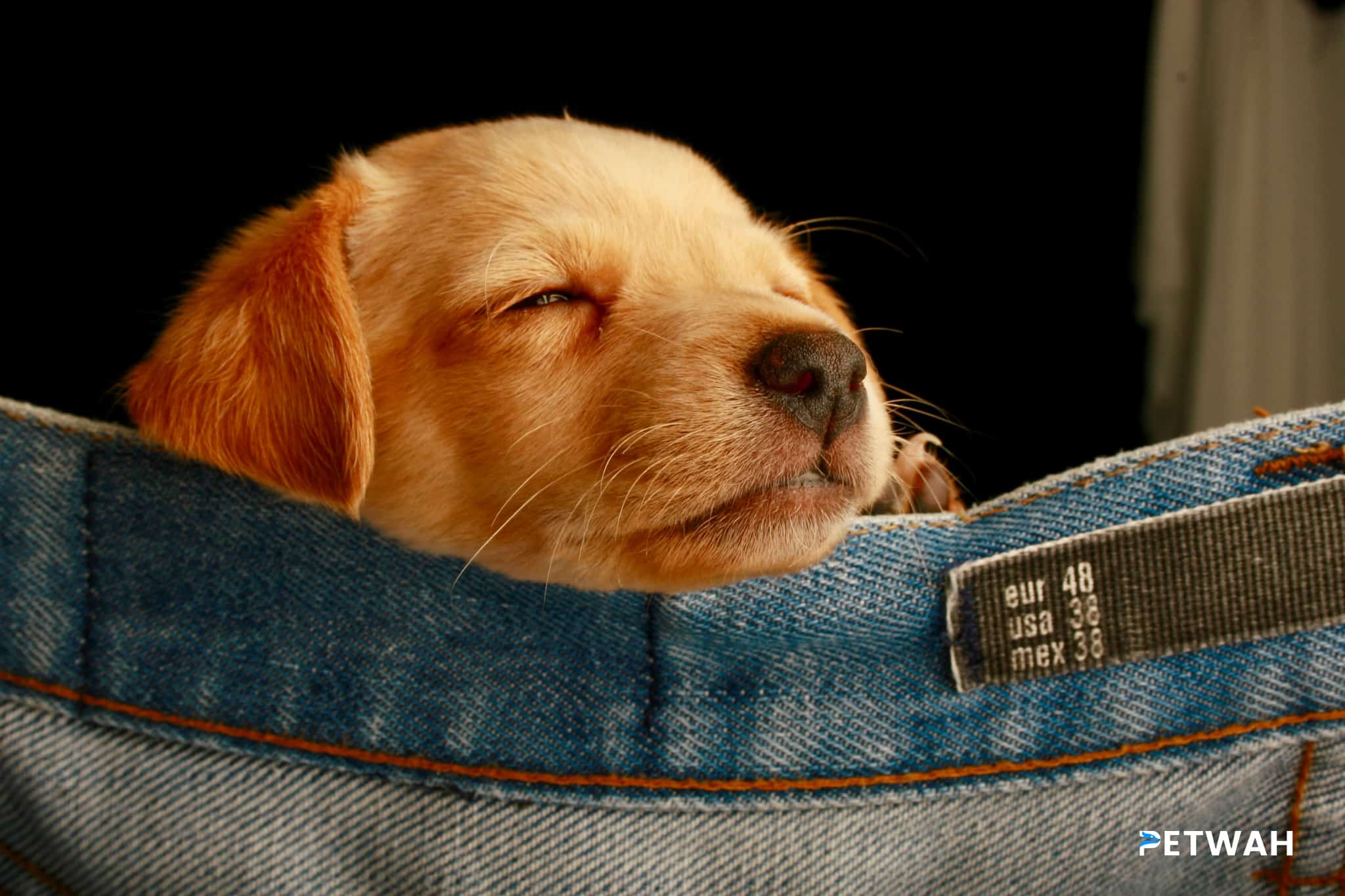Despite their high energy, puppies typically sleep 18-20 hours a day. One minute your pup could be a miniature tornado, and the next he’s sleeping and practically in the middle of the line. Sleep is essential for healthy growth, aiding in the necessary development of one’s central nervous system, brain, immune system and muscles. All that sleep also helps him rest during his growth spurt.
When awake, puppies expend a lot of energy – developing physically, discovering new people and places, learning what they can and cannot do.
Because the world is such an exciting and challenging place, they don’t always pay attention to the internal clock that tells them it’s time to rest. You can help by following some simple guidelines for naps and bedtimes during the day.
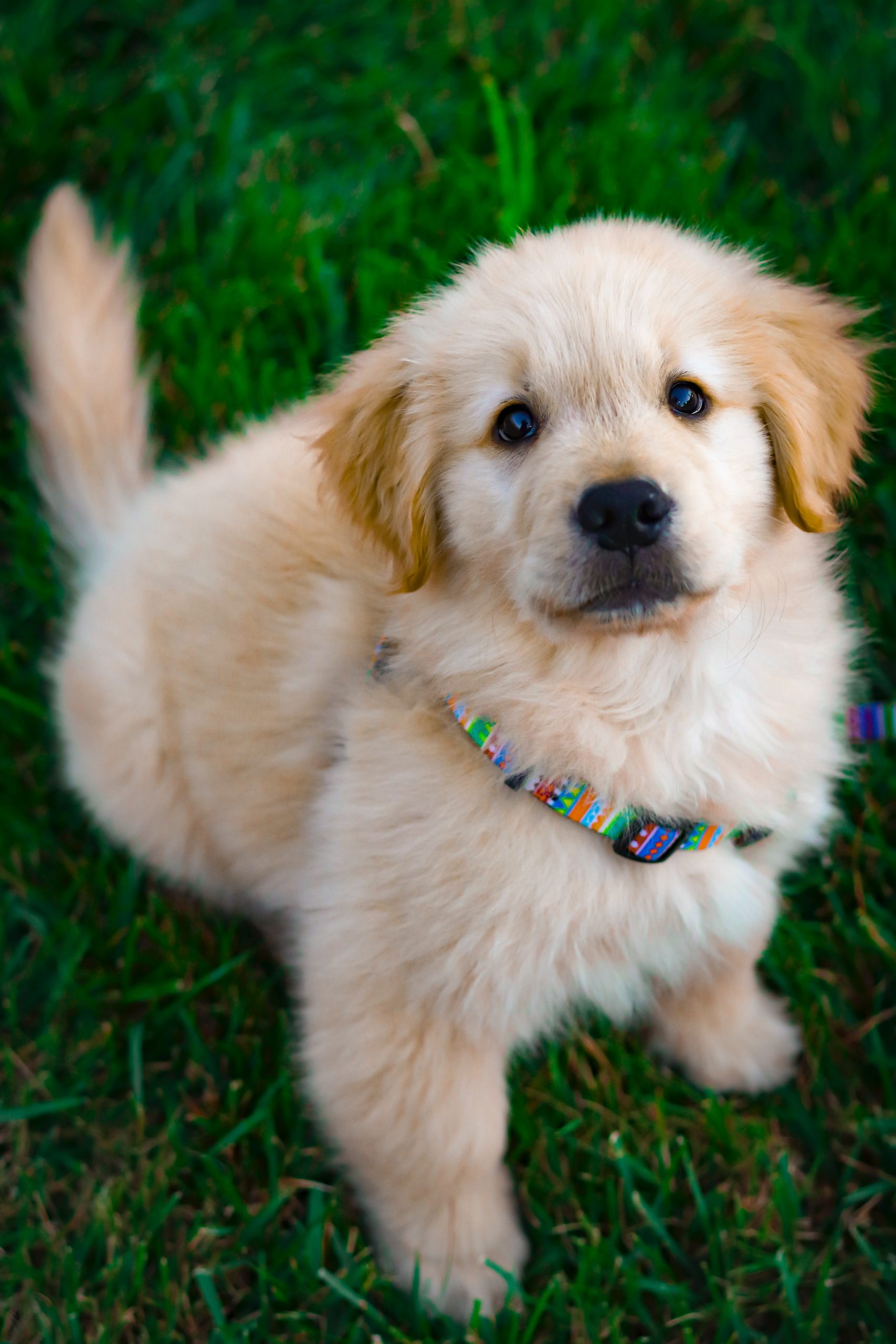
Tips to help your puppy sleep during the day
Keep your puppy quiet. It’s hard to resist cuddling him and letting him fall asleep on your lap, but you don’t want him to depend on you to fall asleep. Family members, including children, should be taught to leave the puppy alone when sleeping.
But be sure to keep an eye on him, because when he wakes up he needs to be taken outside.
Tell your puppy where to sleep. If he seems lethargic, encourage him to sleep in a safe place: a crate, a dog bed, or a quiet place in the house where he can nap undisturbed. It may take him a while to figure it out, but eventually he’ll recognize this place as a place to sleep.
Follow the schedule.
- Plan his day so that the time of activity is followed by a time of quiet sleep. He’ll probably be ready for a nap after a play or a walk. Your pup can take naps every hour, anywhere from 30 minutes to two hours. All that sleep is completely normal.
- Identify burnout behaviour.
- No matter how much fun you have, don’t tire him out too much. Too much stimulation and exhaustion can lead to unpleasant behaviours. Take him to his crate or sleeping area and encourage him to settle down.
- Tips to help your puppy fall asleep at night.
- Make inviting crates. Don’t buy an expensive dog bed for your new pup because he might chew it up.
- Line the bottom of the box with one or two inexpensive soft felt blankets. Beware of woollen blankets or rugs, which can be chewed into long strips and cause choking. If you can, bring home a stuffed toy or baby blanket that smells like a puppy and keep it in its crate. Many owners keep their puppy’s crate in their room so he can feel his family is nearby.
- Establishes a bedtime routine.
- By giving her a routine from the start, you’ll tell her that nights are for sleeping and you’ll both sleep better. Limit your puppy’s food and water intake to a few hours before bedtime. Play with him, cuddle him, take him to pee.
- Keep its dorms quiet and dark. If you watch TV in bed, reduce the volume and brightness.
- You can even use blackout curtains if the room gets a lot of early morning light. Silence and darkness would indicate that it was time for him to sleep. If your crate is a mesh crate, you can put a lid on it to make it darker and more hollow.
- Do not enter at bedtime. First, make sure your pup has the opportunity to relieve themselves and get plenty of physical and mental exercise during the day.
- Teach him to like going into his crate by rewarding him. As he learns the routine, be prepared to whine, bark, or whine before going to bed at night.
- Prepare for interruption. Just like human babies, sometimes puppies aren’t ready to sleep during nights. Your puppy might need night time potty breaks.
- If he sleeps in a crate in your room, you can react when he needs to get out. Take him out calmly, praise him in a low voice when you leave, then put him back in the crate so that he falls asleep immediately.
Your Puppy’s Sleep Schedule
Puppies like regularity and structure. Along with daily feeding and potty training, a sleep schedule will help you and your pup adjust to living together. This sample schedule should help you establish good routines for your canine and human family members.
Morning Puppy Schedule
- When the puppy wakes up in the morning, take him outside to defecate quickly.
- Give him breakfast.
- Puppies usually need to urinate after eating, so give him another break.
- Spend 30-60 minutes playing, socializing and walking with him.
- bedtime. He can sleep between 30 minutes and two hours.
- As soon as he wakes up, give him another pot.
- Give him lunch.
- Afternoon Puppy Schedule
- After lunch, give him a break.
- Play with him for an hour and let him explore.
- It’s bedtime again.
- Take him to the bathroom when he wakes up.
- Then it’s time to play again.
- Chances are he’ll go to bed after playing.
- Potty Break
- Evening Puppy Schedule
- Feed your puppy before you sit down or give him a plush Kong to work in the crate while you eat.
- After dinner, go for a walk.
- Let him spend time playing and interacting with his family.
- Give him a little restroom break before bed, then put him in his crate to sleep through the night.
Don’t let the thought of a schedule overwhelm you. It might seem like a lot of work, but you’ll be gifted with a happy, well-adjusted dog, and you’ll enjoy the routine, too. It’s a beautiful time to develop bonds and love that will last for a lifetime. Read more articles related to pets/dogs from our website.
Please follow us on Social Media

